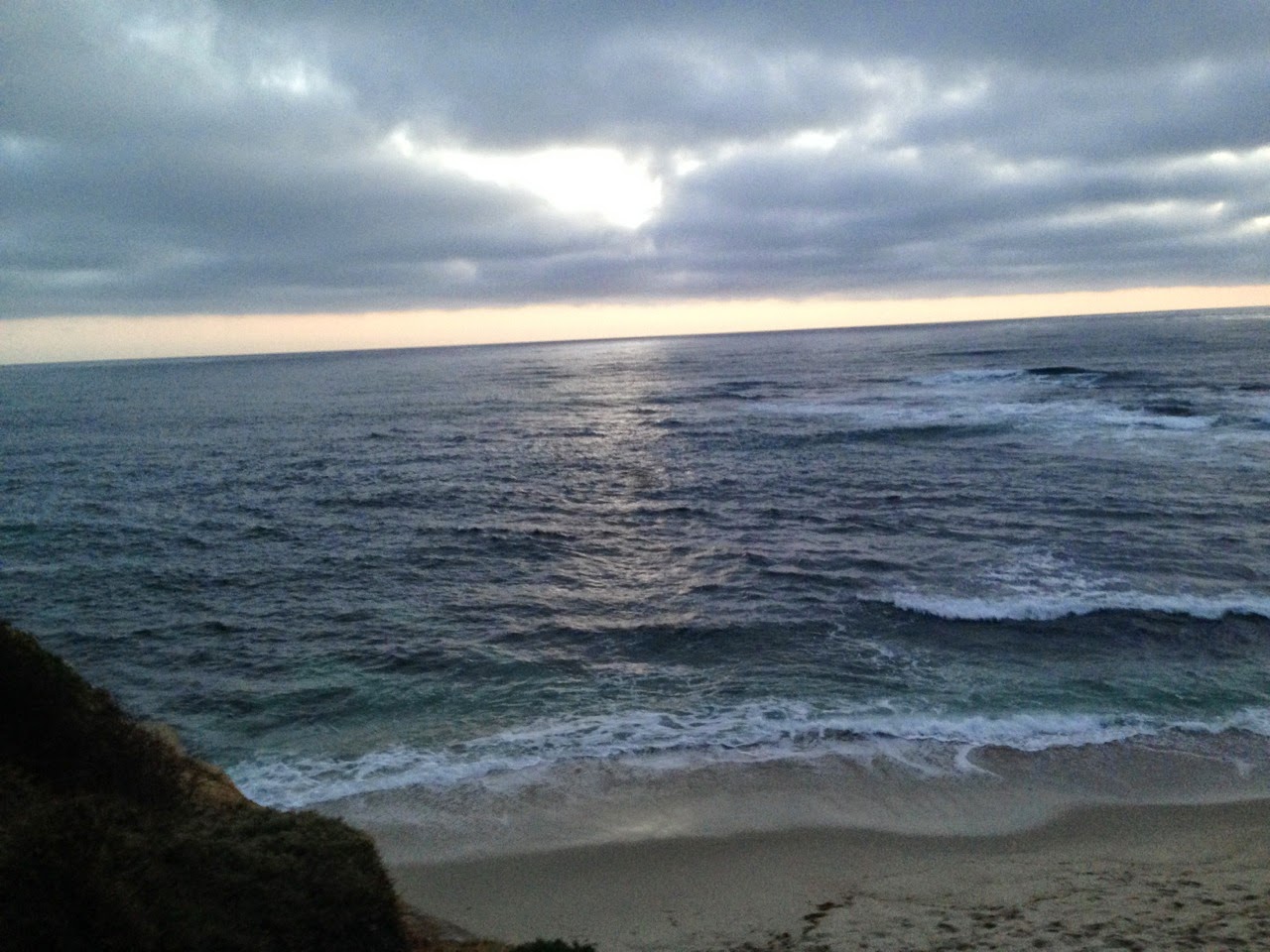Why am I doing this?
Someone very close to me asked "Why are you doing this? Why are you writing a blog and sharing all of this publicly?" A simple question that I thought was self-evident from my "Coming Out" post. Upon further reflection, the answer is far from self-evident. In fact, it's the best question of all; Why? I tried to answer her immediately, but the more I spoke, the more I realized that I needed to think more about the question and honestly deal with the answer. The answer should shape how I go about things from here forward.
Why do any of us blog, write books, or tell stories? If it's just therapy, then we can journal in private and accomplish that objective. But private expression feels incomplete to some; they feel they need to say it aloud and get feedback. A close friend once told me "That's just who you are; you need to express yourself." I suppose that is true. But the next question is "Why do I need to express myself?" Here are just a few of the reasons:
Why do any of us blog, write books, or tell stories? If it's just therapy, then we can journal in private and accomplish that objective. But private expression feels incomplete to some; they feel they need to say it aloud and get feedback. A close friend once told me "That's just who you are; you need to express yourself." I suppose that is true. But the next question is "Why do I need to express myself?" Here are just a few of the reasons:
- Living without regret: In my "Coming Out" post, I referenced Regrets of the Dying, a wonderful post from a palliative care provider:
#1. I wish I'd had the courage to live a life true to myself, not the life others expected of me. - Growth: Understanding my past. I want to understand my own life better - decisions good and bad - and use my own history to make a better future for myself and my family. Lessons learned from history help us avoid repeating mistakes in the future.
- Consistency: As a business professional, it would be unthinkable for me to propose an investment in a new product line, project, or sales pursuit based upon faith. "I just believe that this product will sell. I believe there's a deal to be had with this customer. I believe that this project is worth funding." I would be intellectually lazy and willfully ignorant to refuse to investigate cases counter to my hypothesis, and I'd get smoked. Looking only at data that supports my ideas won't do; I need to evaluate everything I can reasonably access to make sound decisions and test rationale. Why would I not apply this approach to ancient texts, sermons, church doctrine, politics, etc?
- Service: There are others like me out there who struggle with a similar past. I want them to know that they are not alone; that they are neither crazy nor evil for questioning all that they have been taught, and that they are allowed to think freely and come to their own rational conclusions in life. The earlier people go through this examination, the sooner they can benefit from the struggle and move forward. In the information age, most of us are no longer isolated from scholarship, science, philosophy, and perspectives other than those of our parents, teachers, and pastors. But we must be willing to seek, consume, and evaluate information and not just rely upon that which is passed down to us. If I can inspire others to do so - even if they arrive at different conclusions - it is time well-spent.
- Making a difference: If most people keep everything about themselves and their views to themselves, the loudest voices in society carry the day, decide what policies become enacted, and determine our future. Reasonable people need to speak-up and engage so as to dilute the impact of extremists. It would be difficult to overstate the price we will pay as a civilized society if we don't stay positively involved in our local, regional, national, and world communities and politics. Some people say they hate politics, but values influence politics (who we elect) which determines policy which places demands on our resources (All resources: financial, human, natural). Examining why we believe what we believe is crucial to making rational decisions about how to allocate resources.
Yes, speaking-up carries risk. For me, taking risks is an essential and natural part of living a fulfilled life. Not everyone will agree nor feel compelled to take similar risks and I'm more than OK with that. But find who you are, be who you are, be true to yourself. Don't regret doing otherwise later in life.
Cheers and peace my friends,
Allen


These two blogs are exquisite. I've also been through the experience of leaving dogma after spending years as a preacher and Bible teacher.
ReplyDeleteI'm curious if you have any experiences to share in terms of the impact on family and loved ones. Single, the transition would be simple. Married to someone still among the faithful, it's complicated. Married to that person with three young children, it's exacerbating for everyone.
Owen,
ReplyDeleteThank you! That is a HUGE topic that I plan to address. I've written two different drafts on the topic in the past year, but things have changed enough over that time to render them obsolete, so I'll try again soon - in the queue. I'd like to know more about your story as well. Follow me on twitter (@ajpaige) and we can exchange info via DM.
Allen
Thanks for the response, Allen. It would be great to chat with you more. I've never been on Twitter, but I'll see if I can figure it out. I did send a friend request on Facebook, so maybe we can get started there if it turns out I'm a Twitter failure ;)
ReplyDelete